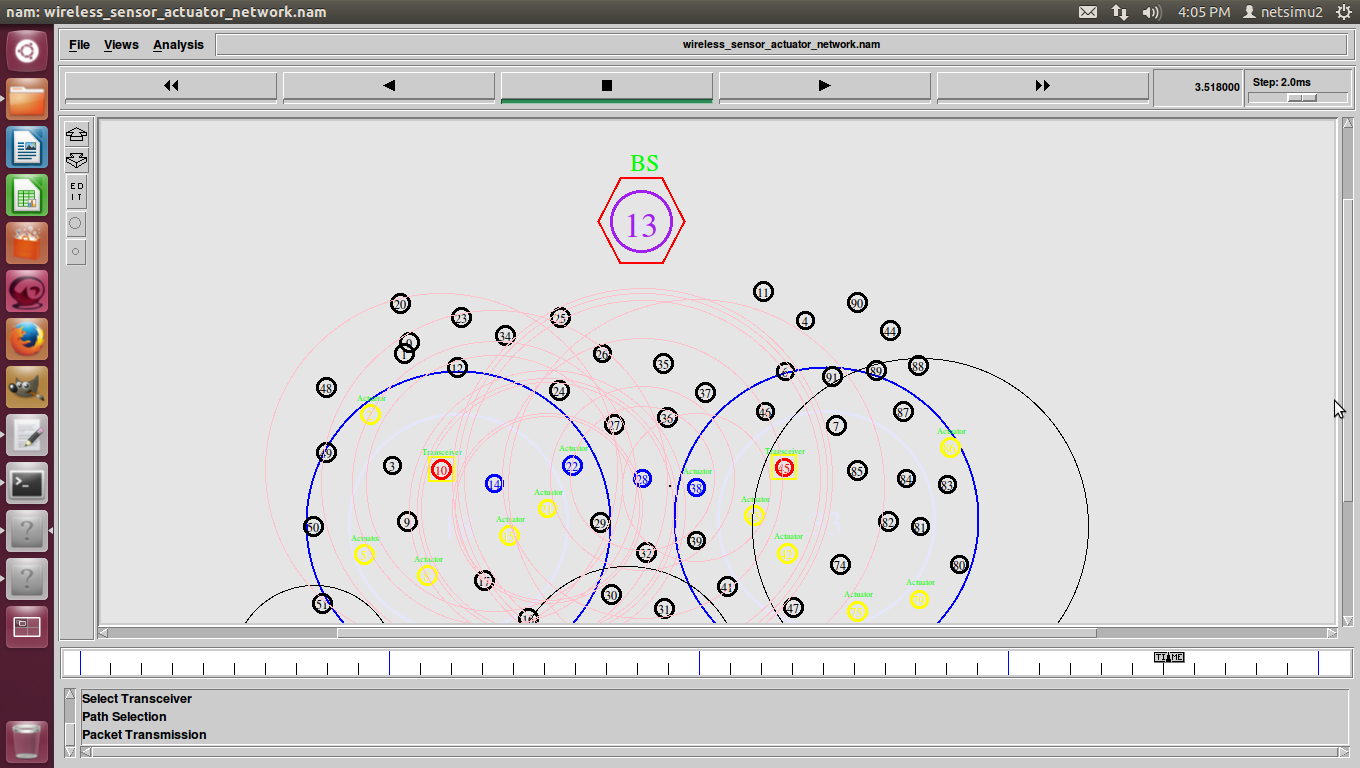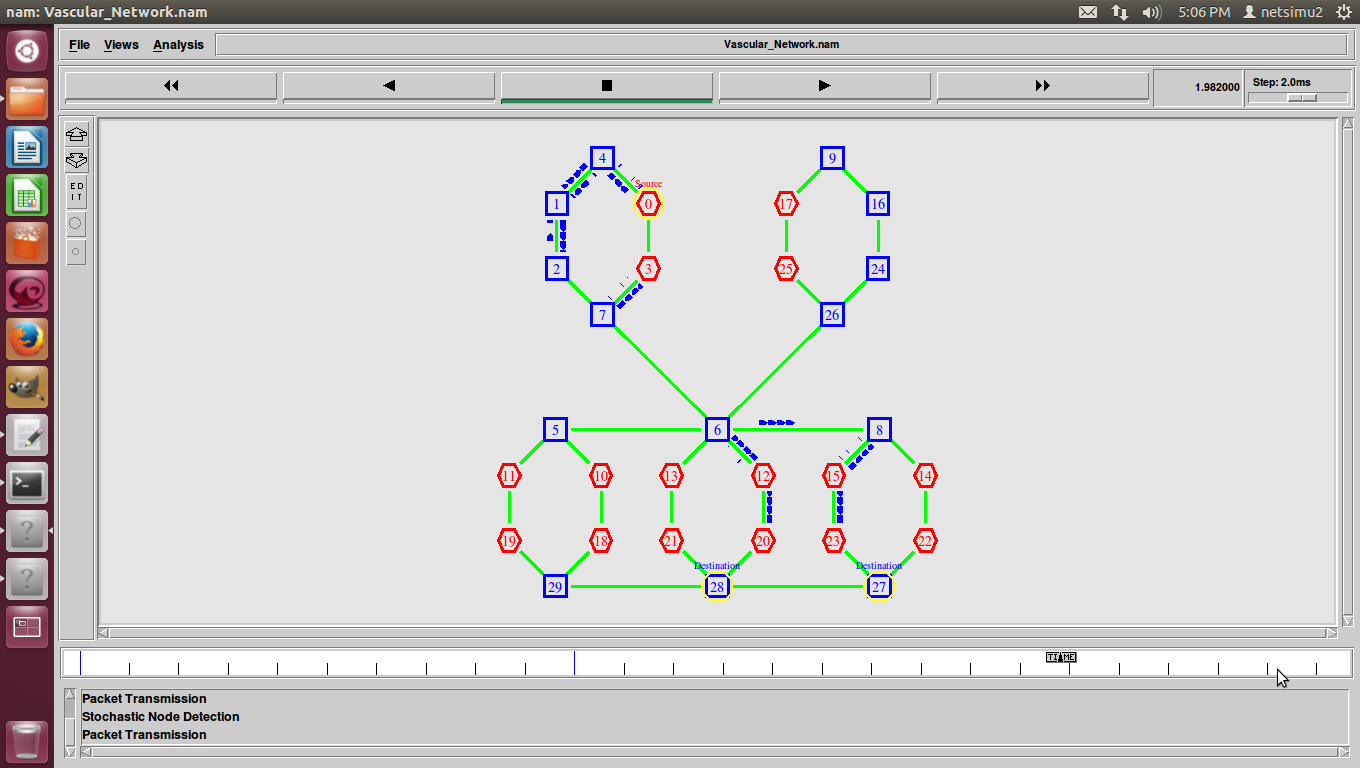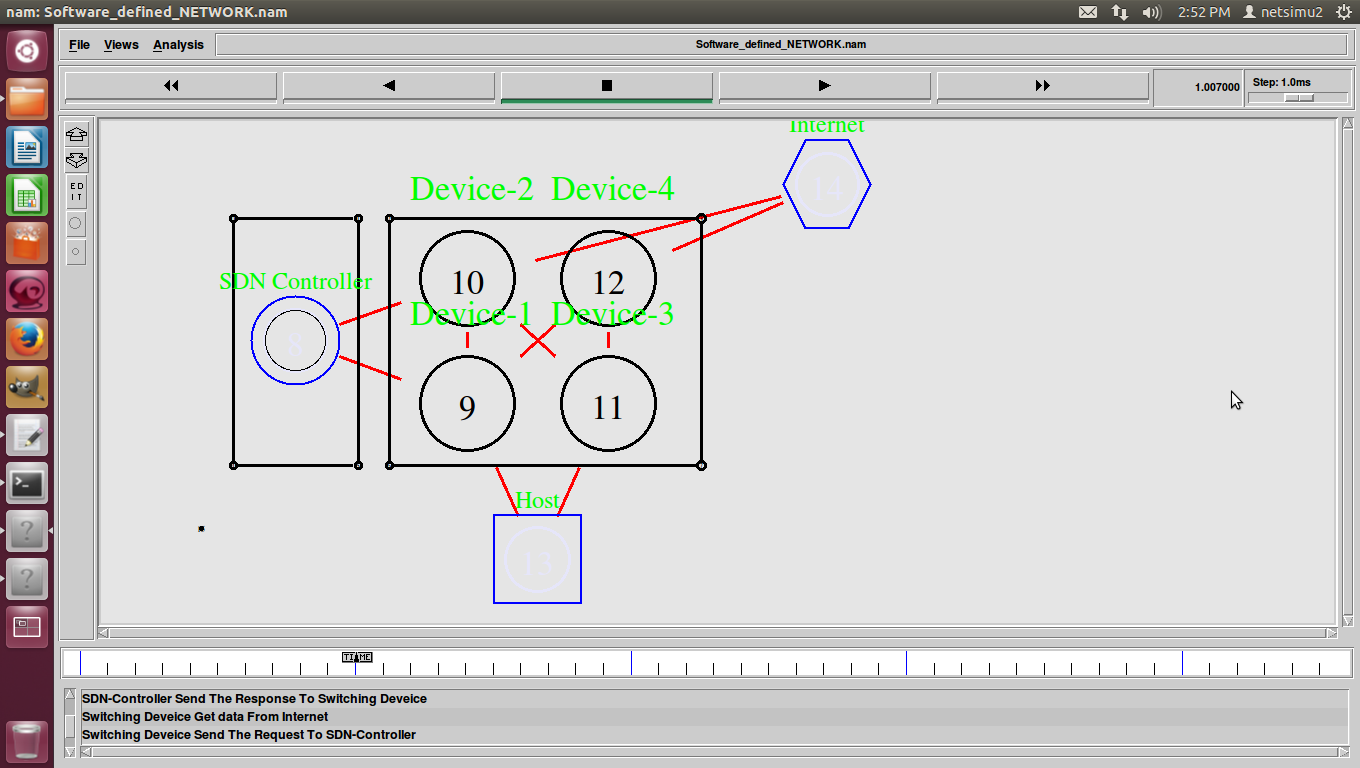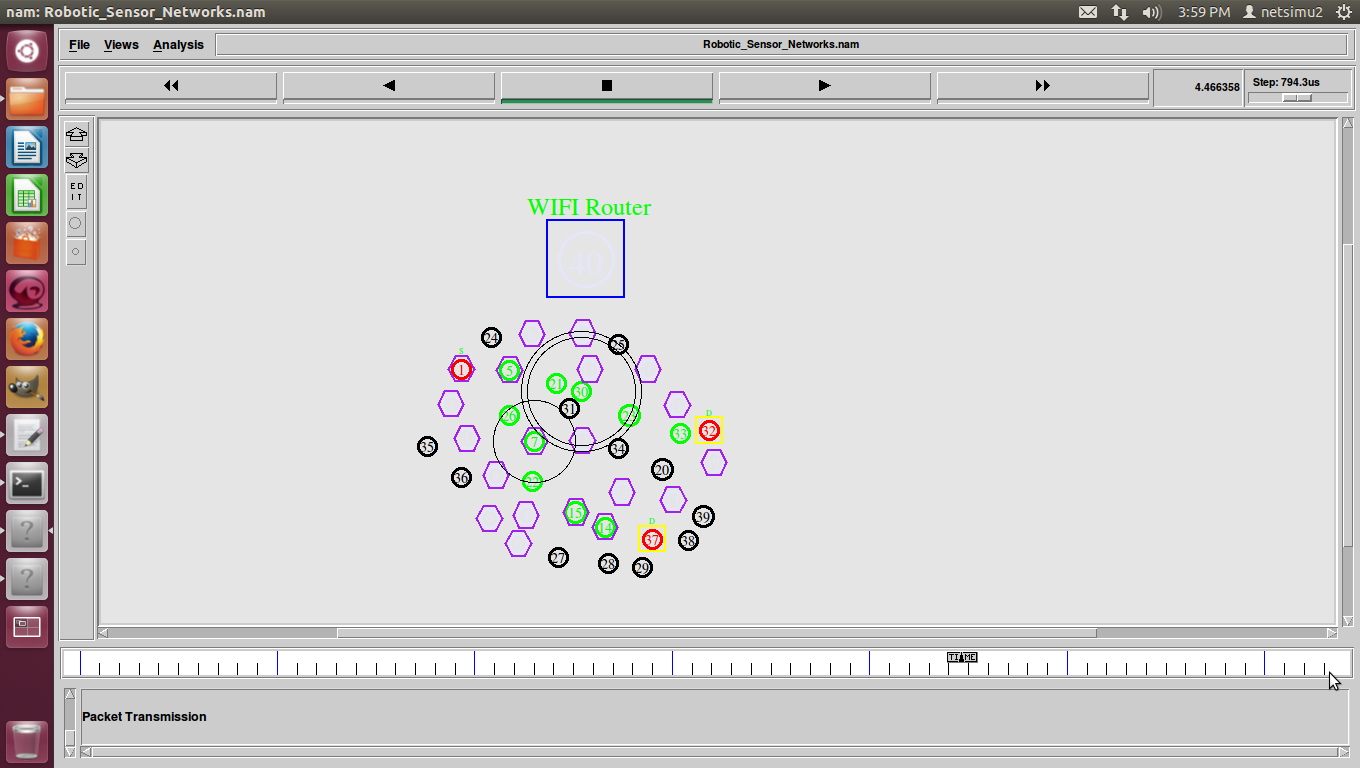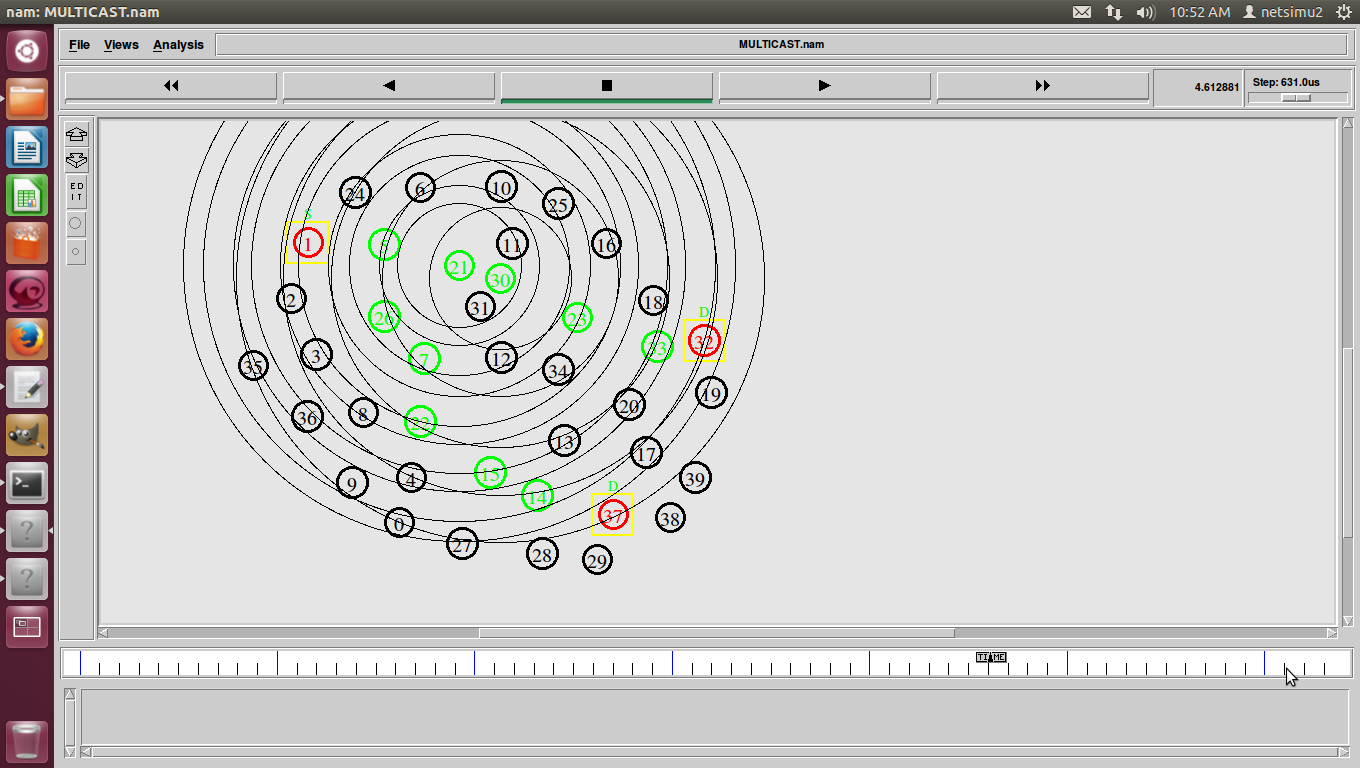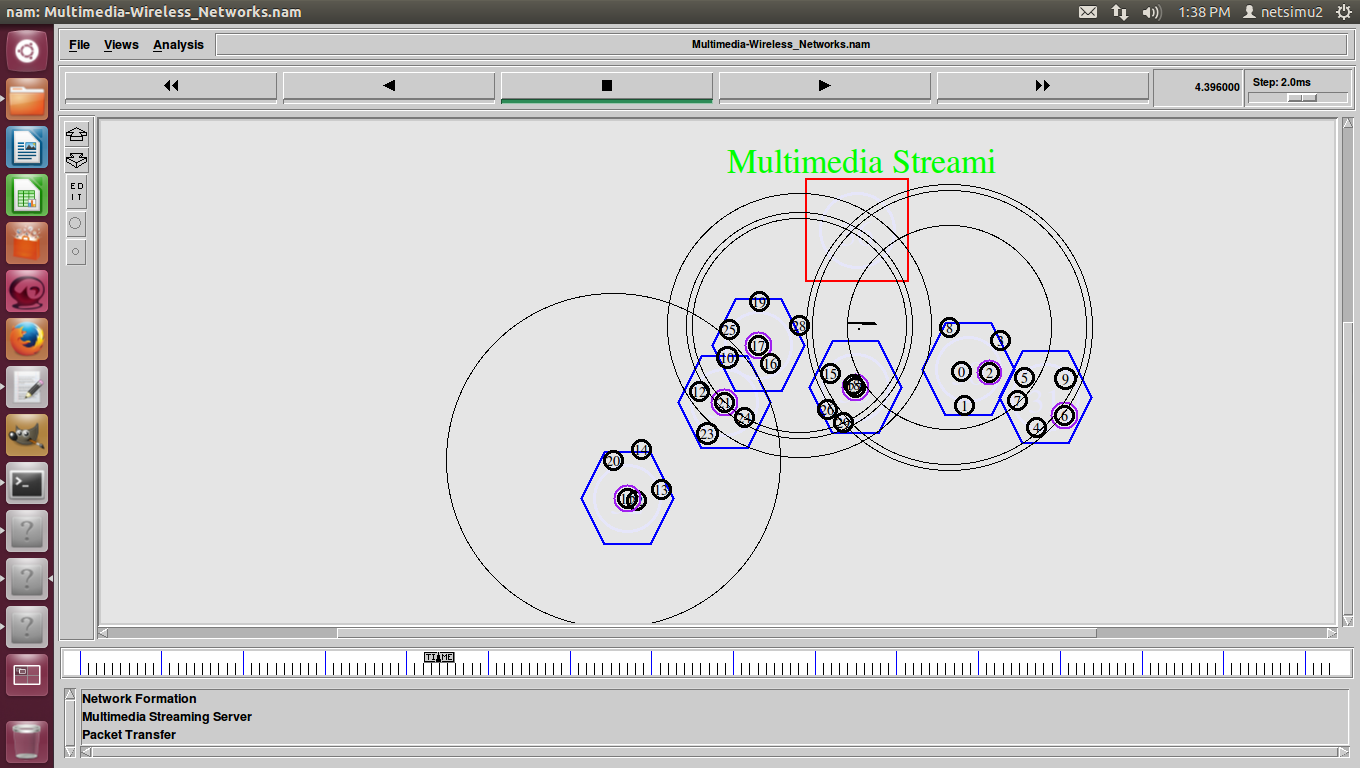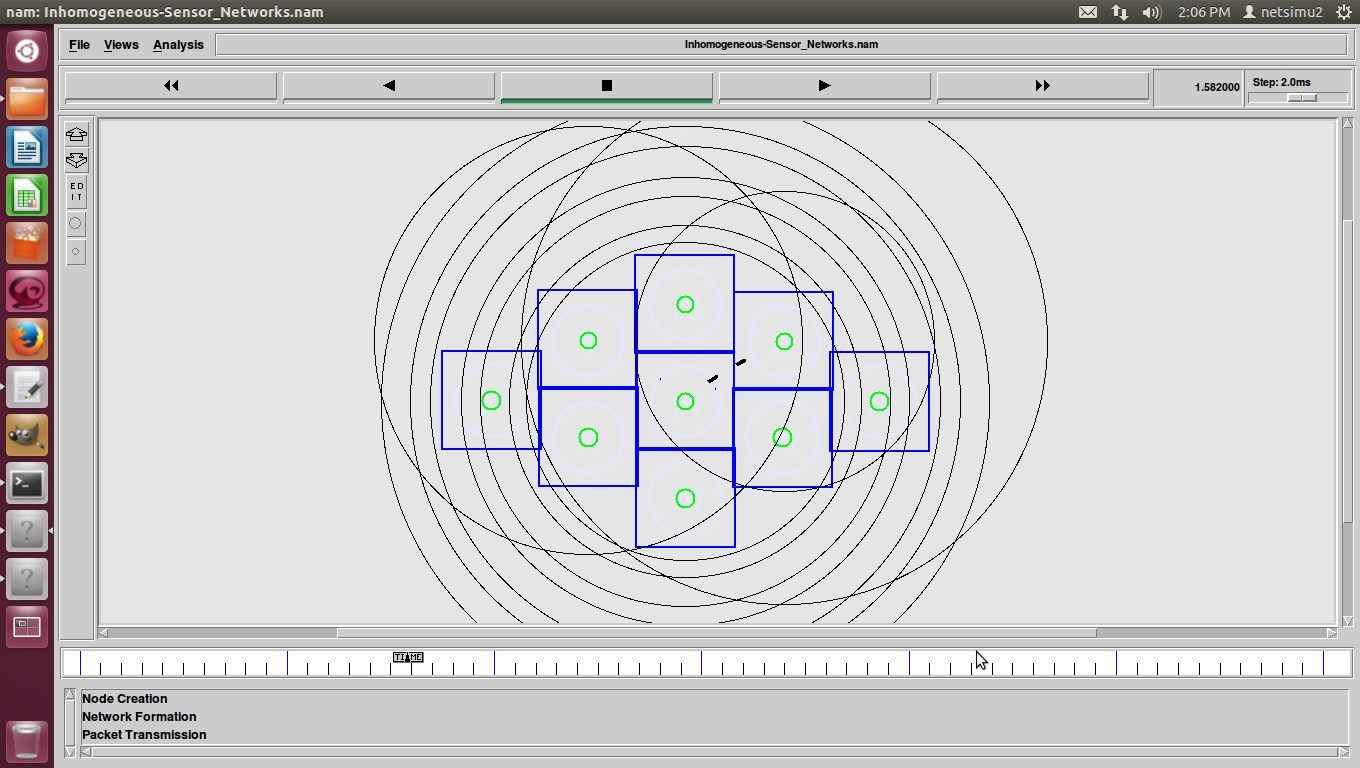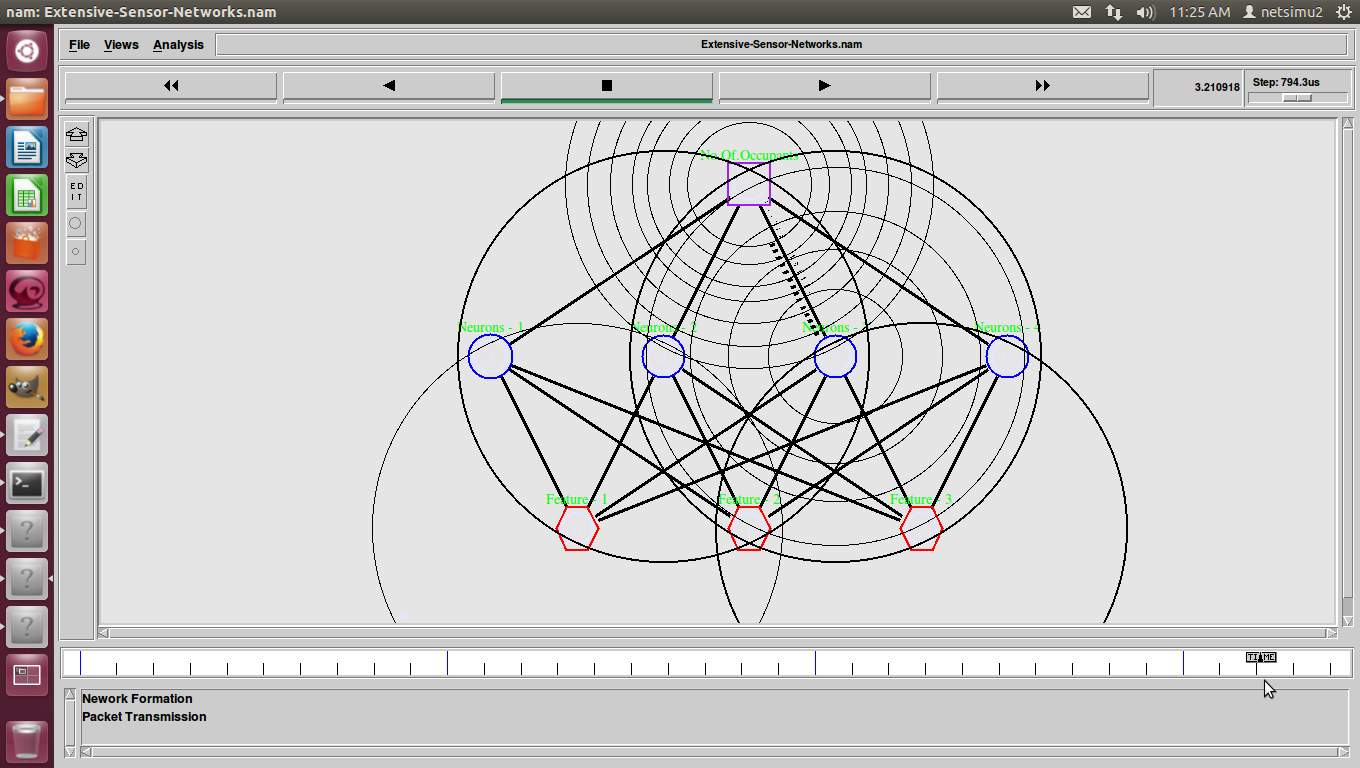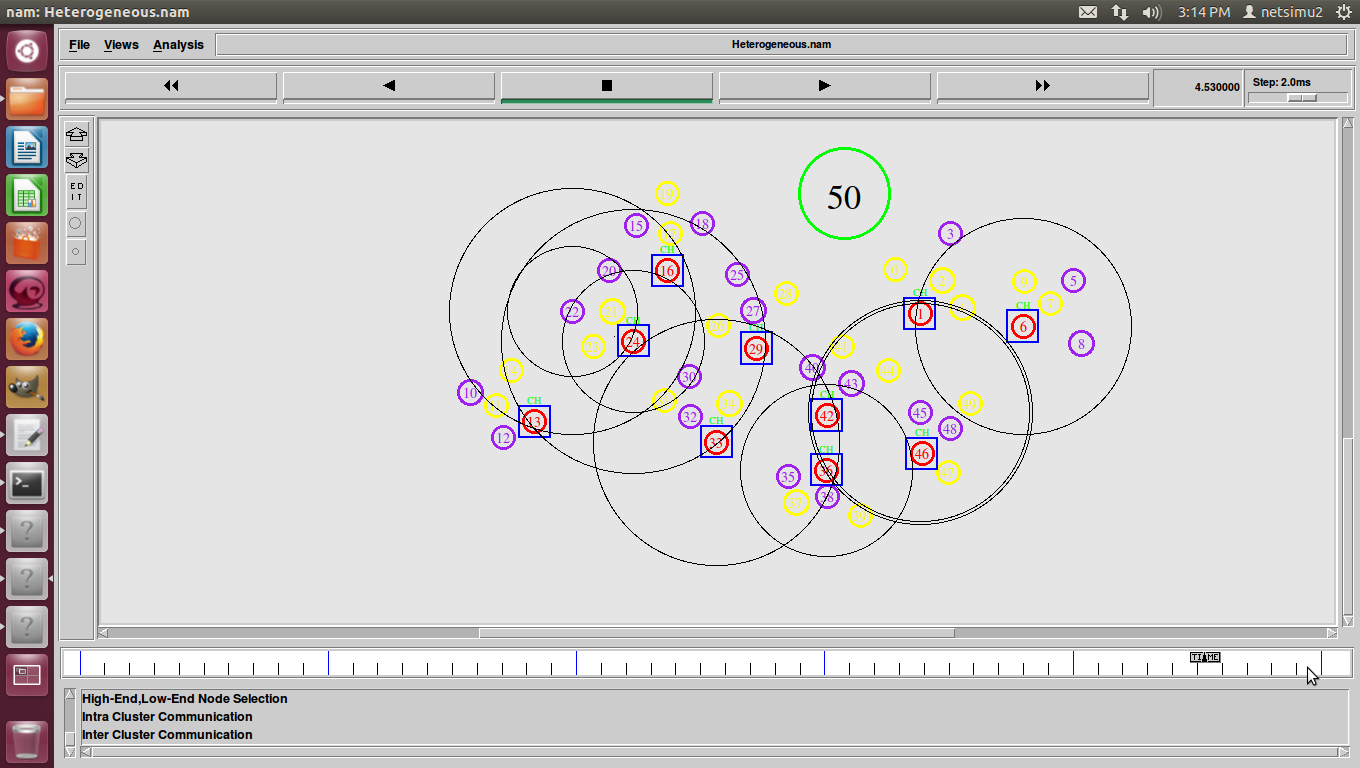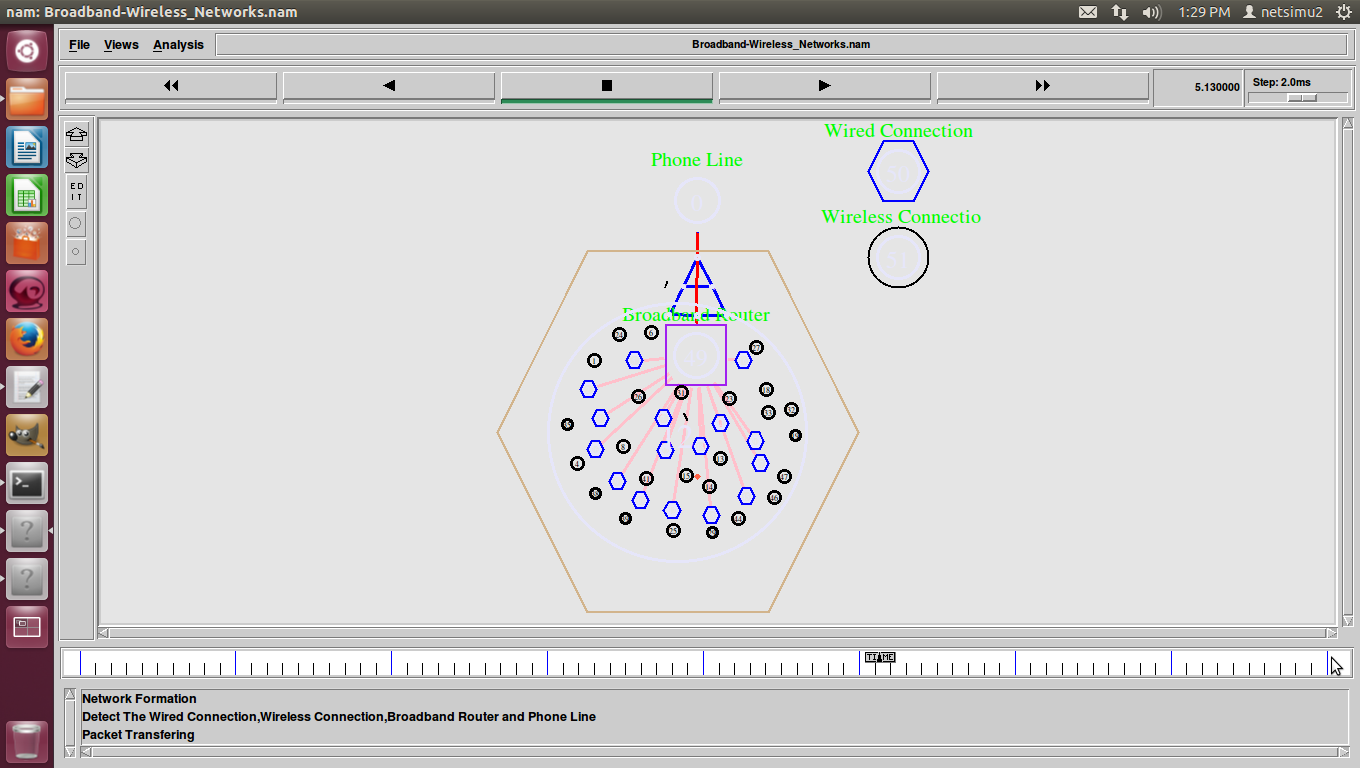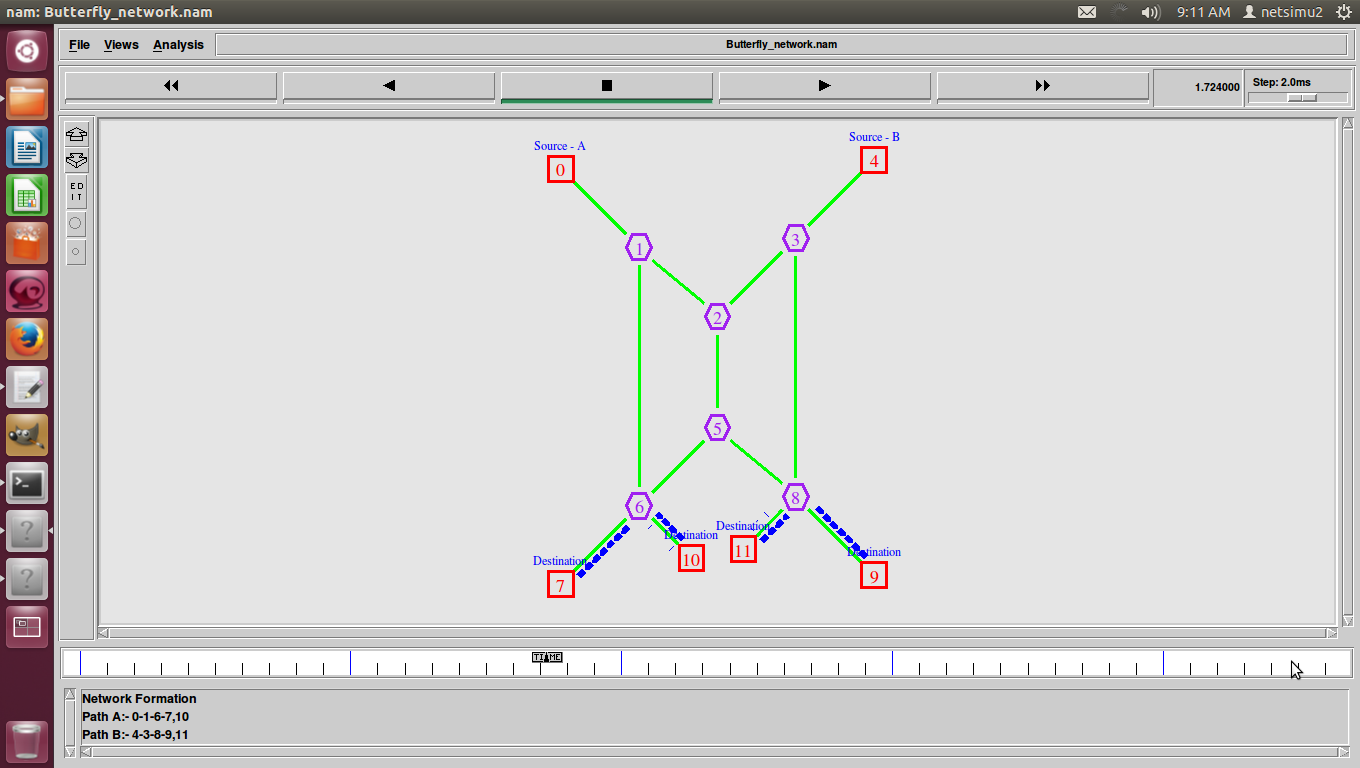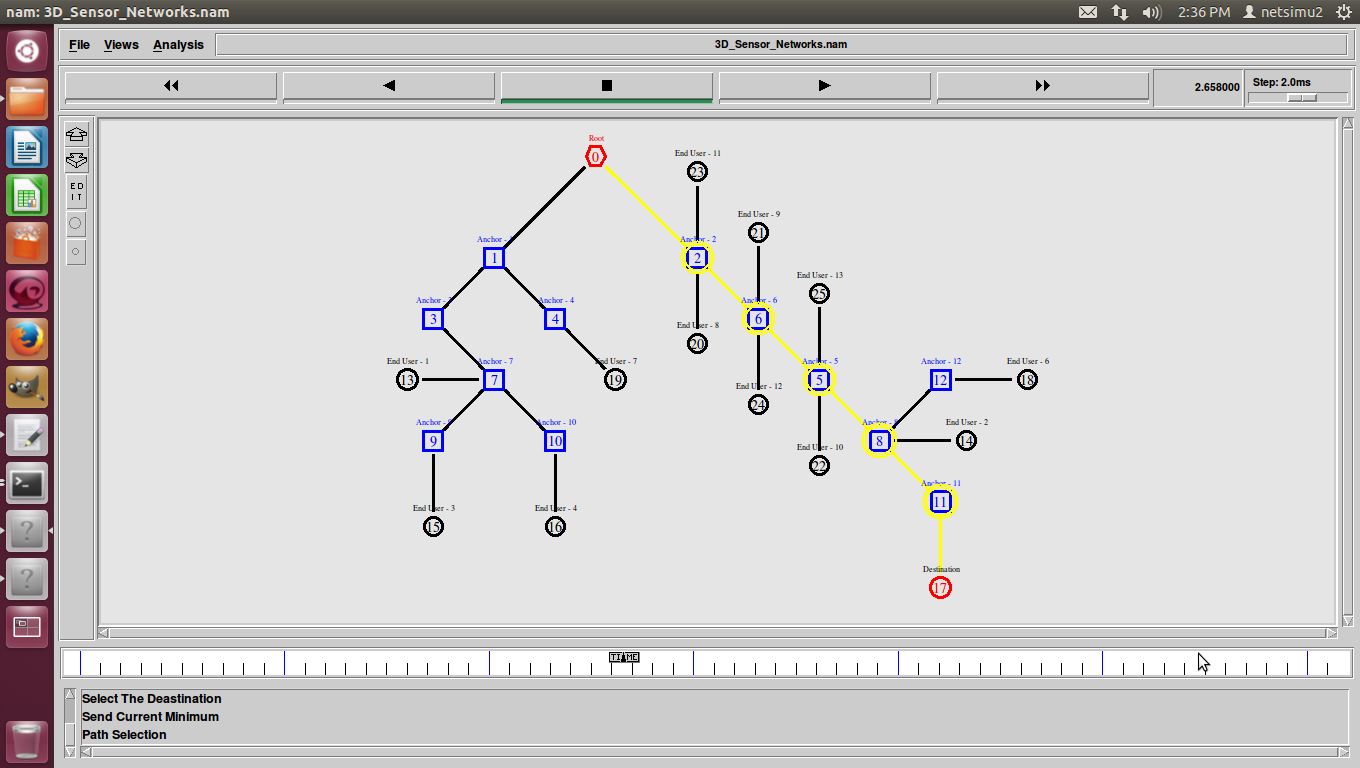Distributed Game-Theoretic Optimization and Management of Multichannel ALOHA Networks
The problem of distributed rate maximization in multichannel ALOHA networks is considered. First, we study the problem of constrained distributed rate maximization, where user rates are subject to total transmission probability constraints. We propose a best-response algorithm, where each user updates its strategy to increase its rate according to the channel state information and the current channel utilization. We prove the convergence of the algorithm to a Nash equilibrium in both homogeneous and heterogeneous networks using the theory of potential games. The performance of the best-response dynamic is analyzed and compared to a simple transmission scheme, where users transmit over the channel with the highest collision-free utility.
Then, we consider the case where users are not restricted by transmission probability constraints. Distributed rate maximization under uncertainty is considered to achieve both efficiency and fairness among users. We propose a distributed scheme where users adjust their transmission probability to maximize their rates according to the current network state, while maintaining the desired load on the channels. We show that our approach plays an important role in achieving the Nash bargaining solution among users. Sequential and parallel algorithms are proposed to achieve the target solution in a distributed manner. The efficiencies of the algorithms are demonstrated through both theoretical and simulation results.






